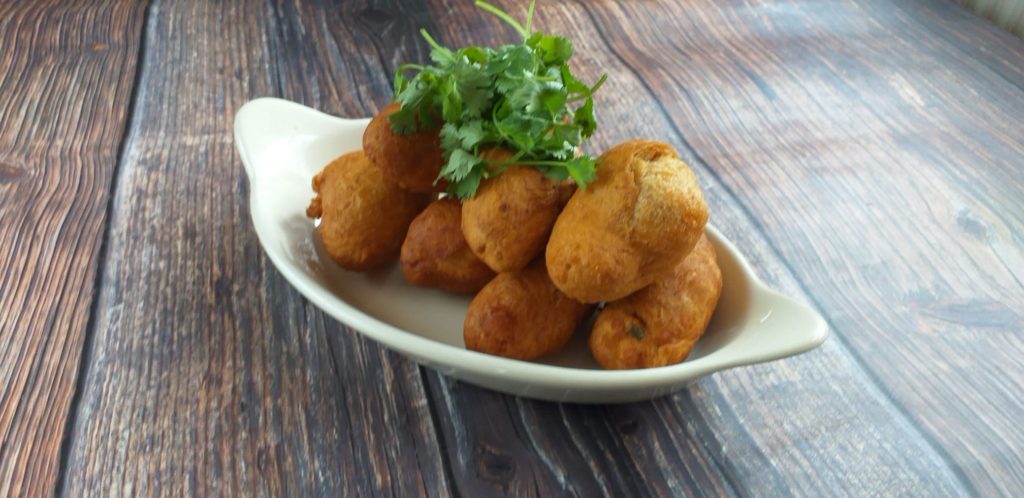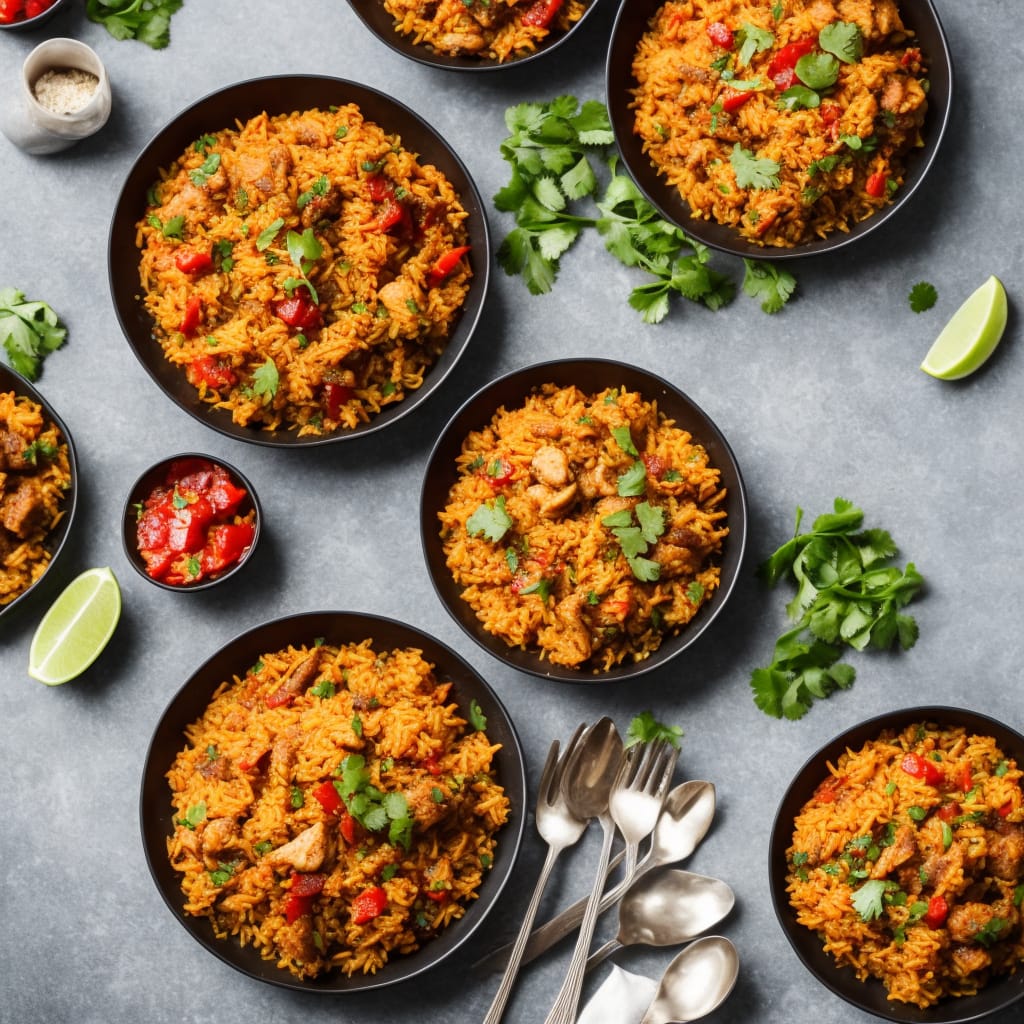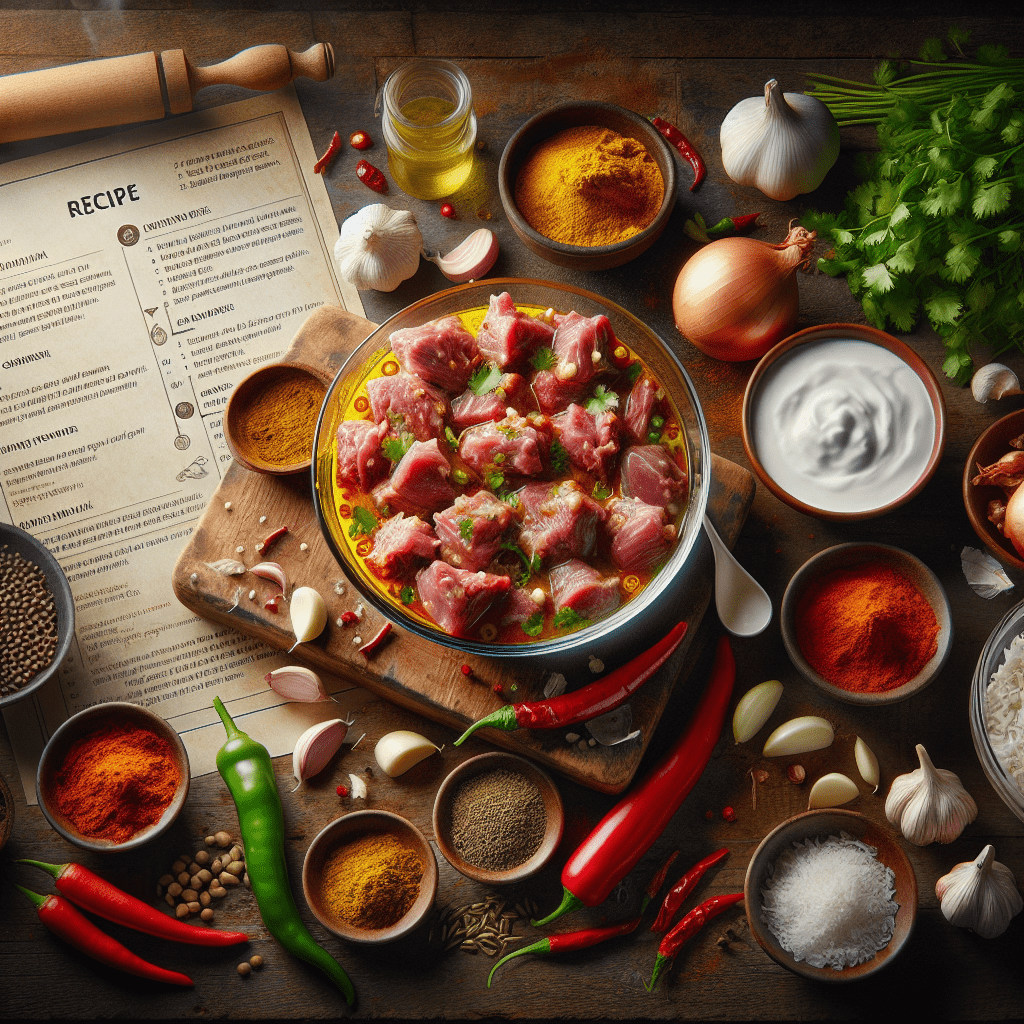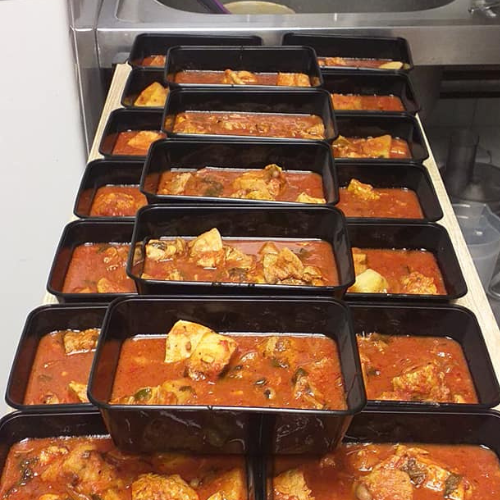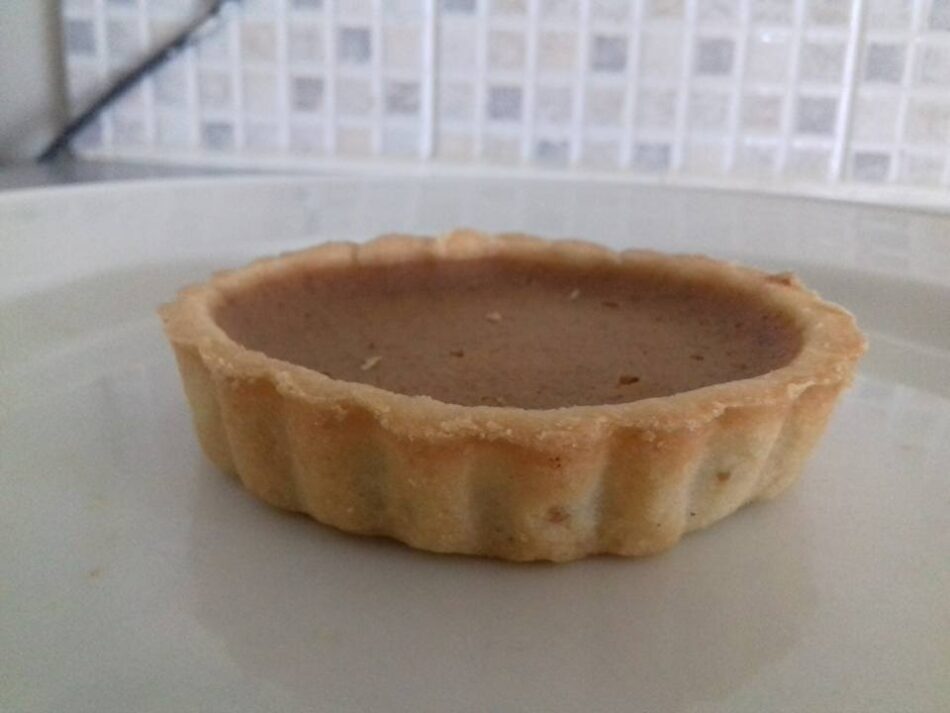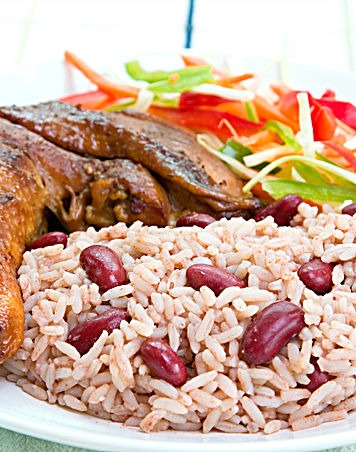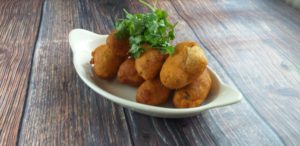
Exploring the Cultural Roots of Caribbean Food: A Journey Through History
As a food enthusiast, I have always been fascinated by the diversity of flavors and ingredients that can be found in different cuisines around the world. One of the most vibrant and flavorful cuisines that I have had the pleasure of exploring is Caribbean food. The fusion of cultures and influences that can be found in Caribbean cuisine is truly remarkable, and in this article, I will take you on a journey through history to explore the cultural roots of Caribbean food.
Introduction to Caribbean Food and its cultural significance
Caribbean food is a cuisine that has been shaped by a rich history of cultural exchange. The Caribbean islands were first inhabited by indigenous people, who developed their own unique cuisine based on the ingredients that were available to them. When European explorers arrived in the Caribbean in the late 15th century, they brought with them a wide range of ingredients and cooking techniques, which were then combined with the local cuisine to create new and exciting dishes. The African slave trade also had a significant impact on Caribbean cuisine, as enslaved Africans brought their own culinary traditions with them to the Caribbean.
Today, Caribbean food is known for its bold and vibrant flavours, which are a reflection of the diverse cultural influences that have shaped the cuisine over the centuries. Caribbean food is also an important part of the cultural identity of the Caribbean people, and it plays a significant role in the region’s social and economic development.
The history of Caribbean food: A fusion of cultures and influences
The history of Caribbean food is a story of cultural exchange and fusion. The indigenous people of the Caribbean developed their own unique cuisine based on the ingredients that were available to them, such as cassava, yams, and plantains. When European explorers arrived in the Caribbean in the late 15th century, they brought with them a wide range of ingredients and cooking techniques, which were then combined with the local cuisine to create new and exciting dishes.
One of the most significant influences on Caribbean cuisine came from the African slave trade. Enslaved Africans brought with them their own culinary traditions, such as the use of okra and black-eyed peas, as well as cooking techniques such as stewing and braising. These African culinary traditions were combined with the local cuisine and European ingredients to create dishes such as jerk chicken and callaloo.
European Influences on Caribbean Food and Cuisine
European influences on Caribbean cuisine can be traced back to the arrival of Christopher Columbus in the Caribbean in 1492. Spanish, French, Dutch, and British colonizers all brought with them their own culinary traditions, which were then combined with the local cuisine and African influences to create new and exciting dishes.
One of the most significant European influences on Caribbean cuisine is the use of spices. The Spanish brought with them spices such as cumin and saffron, while the British introduced spices such as allspice and nutmeg. These spices were then combined with the local ingredients and African cooking techniques to create dishes such as curry goat and ackee and saltfish.
Asian Influences on Caribbean Food and cuisine
Asian influences on Caribbean cuisine can be traced back to the arrival of indentured labourers from India and China in the 19th century. These labourers brought with them their own culinary traditions, such as the use of curry and stir-frying techniques. These Asian culinary traditions were then combined with the local cuisine and African and European influences to create dishes such as roti and chow mein.
Caribbean food today: Regional specialities and popular dishes
Caribbean food today is a reflection of the diverse cultural influences that have shaped the cuisine over the centuries. Each Caribbean island has its own unique culinary traditions, and there are many regional specialities and popular dishes that can be found throughout the Caribbean.
Some of the most popular Caribbean dishes include jerk chicken, curry goat, ackee and saltfish, and roti. Each of these dishes has its own unique flavour profile and is made using a combination of local ingredients and cooking techniques. Other popular Caribbean dishes include callaloo, a leafy green vegetable stew, and plantains, which are a staple ingredient in many Caribbean dishes.
Exploring the Impact of Caribbean Food on global cuisine
Caribbean food has had a significant impact on global cuisine, particularly in the United States and the United Kingdom. Caribbean immigrants to these countries have brought with them their own culinary traditions, which have been embraced by the wider population and have become an important part of the local cuisine.
One of the most popular Caribbean dishes in the United States is jerk chicken, which can be found on menus in restaurants and food trucks throughout the country. Other popular Caribbean dishes in the United States include oxtail stew, curry chicken, and rice and peas. In the United Kingdom, Caribbean food is also popular, with dishes such as ackee and saltfish and jerk chicken being served in many restaurants and cafes.
Caribbean food festivals and events around the world
Caribbean food is celebrated around the world at various food festivals and events. One of the most popular Caribbean food festivals is the Caribbean Food and Wine Festival, which takes place in the Turks and Caicos Islands every year. This festival brings together some of the best chefs and winemakers from around the Caribbean to showcase the region’s culinary traditions.
Other popular Caribbean food festivals include the Barbados Food and Rum Festival, the Trinidad and Tobago Food Festival, and the Jamaica Food and Drink Festival. These festivals celebrate the rich cultural heritage of Caribbean food and provide an opportunity for visitors to sample a wide range of Caribbean dishes and flavours.
Conclusion: Celebrating the rich cultural heritage of Caribbean food
In conclusion, Caribbean food is a cuisine that has been shaped by a rich history of cultural exchange. The fusion of indigenous, African, European, and Asian culinary traditions has created a vibrant and flavorful cuisine that is enjoyed around the world. Caribbean food is not only delicious but also an important part of the cultural identity of the Caribbean people. We should celebrate and embrace the rich cultural heritage of Caribbean food and continue to explore its many flavours and ingredients.
CTA: Try cooking a Caribbean dish at home today and experience the rich flavours and cultural influences of this vibrant cuisine!
